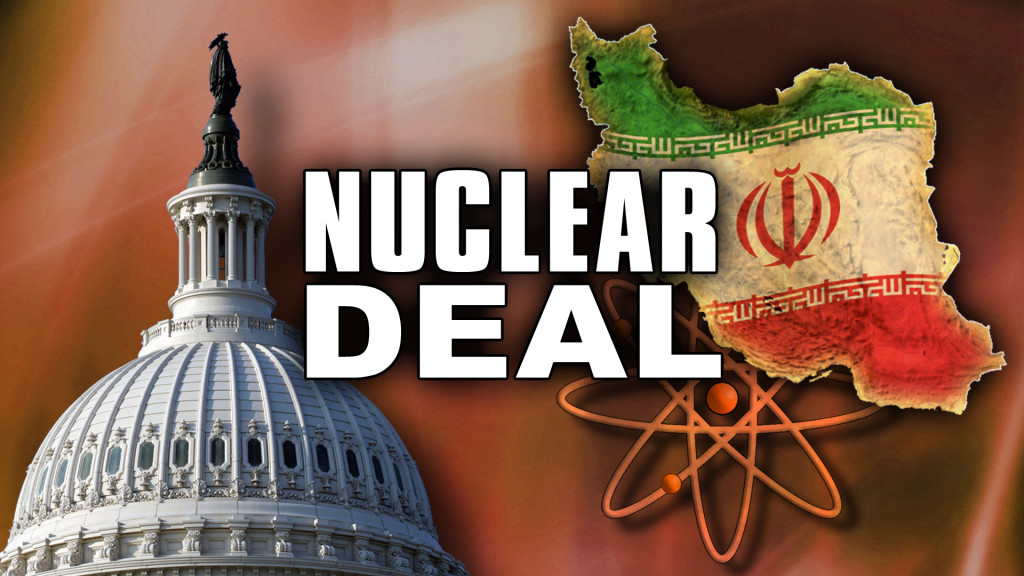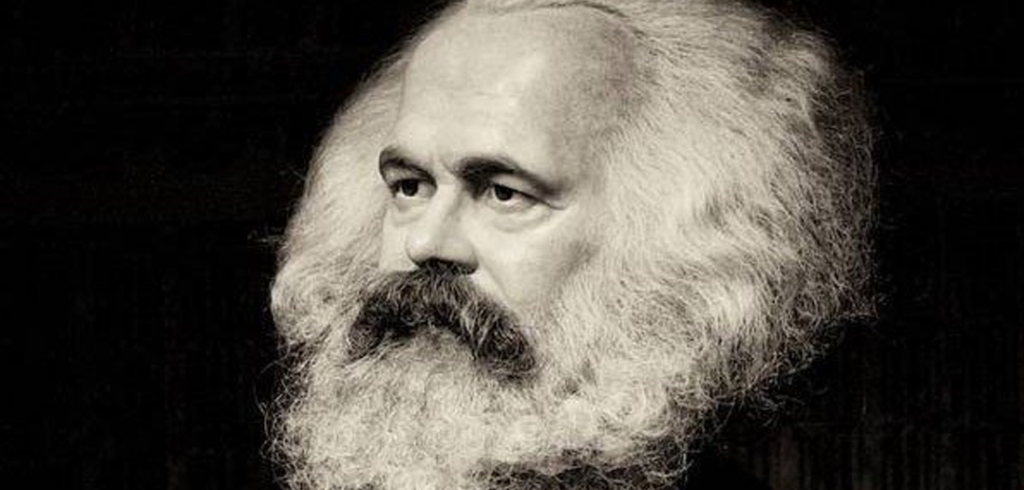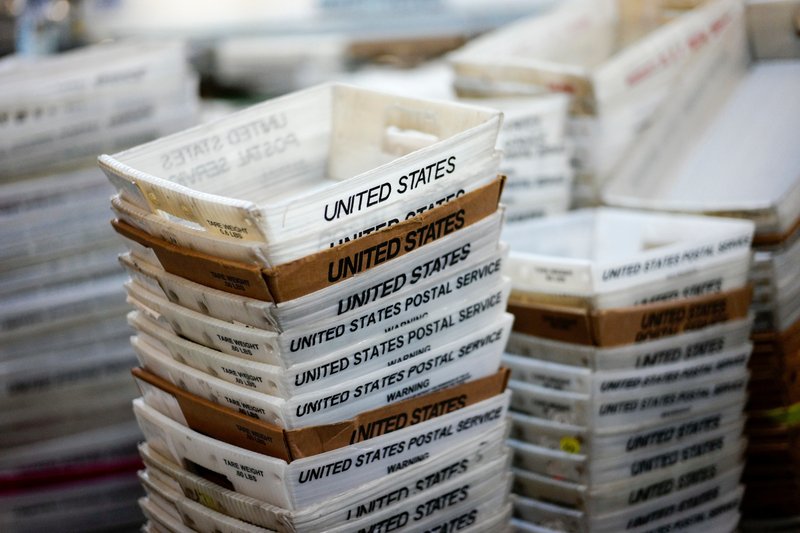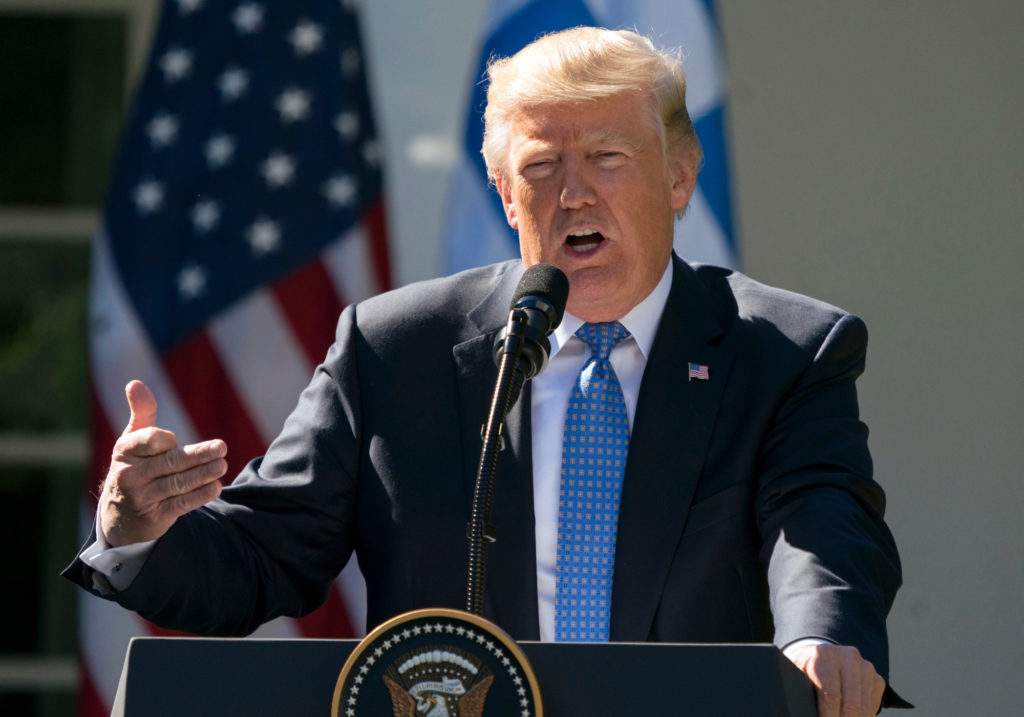2018 statewide election ad roundup: May 11 edition

The June 5 Republican and Democratic primary is only 25 days away and Alabama’s gubernatorial candidates have taken to the internet and the airwaves with campaign ads in hopes of swaying Yellowhammer State voters to their side. With the primary less than a month away, candidates upping the ante, with several candidates releasing new ads for the first time in months. In the Gubernatorial races, Kay Ivey, and evangelist Scott Dawson, both released new ads this week to combat Tommy Battle‘s massive ad rollout last week. Sue Bell Cobb continued her campaign tradition, issuing a new ad for the eighth week in a row, while Walt Maddox released his first new ad in months. Several Lieutenant governor candidates announced new ads this week, including Twinkle Andress Cavanaugh, Rusty Glover, and Will Ainsworth. Attorney General candidate Troy King published his first television ad this week, with opponents Steve Marshall, Chess Bedsole releasing new ads as well. Gubernatorial Ads Republicans Kay Ivey: Title: Life Published: May 9, 2018 Tone: Principled Kay Ivey: Title: Tough as Nails Published: May 9, 2018 Tone: Resilient Scott Dawson: Title: “Learning About Faith” Published: May 11, 2018 Tone: Belief Democrats Walt Maddox: Title: Walt Maddox for Governor Published: May 11, 2018 Tone: Leadership Sue Bell Cobb: Title: SBC LotteryDad Video Published: May 8, 2018 Tone: Hopeful Lieutenant governor ads Republicans Twinkle Andress Cavanaugh: Title: “Shoes” Published: May 8, 2018 Tone: Preserving Rusty Glover: Title: “Peoples Choice” – Rusty Glover for Lieutenant Governor Published: May 3, 2018 Tone: Impactful Will Ainsworth: Title: “Leadership” | Ainsworth for Lt. Governor Published: May 7, 2018 Tone: Initiating Will Ainsworth: Title: “Hostage” | Ainsworth for Lt. Governor Published: May 8, 2018 Tone: Confronting Will Ainsworth: Title: Rickey Cornutt on Will’s Fight for Farmers Published: May 11, 2018 Tone: Folksy Attorney General ads Republicans Troy King: Title: Cause (Troy King for Attorney General) Published: May 8, 2018 Tone: Watchful Steve Marshall: Title: Steve Marshall – Fighting for Alabama Published: May 9, 2018 Tone: Protective Chess Bedsole: Title: Chess Bedsole “Rally” Published: May 1, 2018 Tone: Defensive
Martha Roby: Strengthening our hand with Iran

President Donald Trump recently announced he will withdraw the United States from the Iran Nuclear Agreement. From the very beginning, I said this was a flawed, weak deal that serves the interests of bad actors in Iran at the expense of our own. I support the Trump Administration’s efforts to ensure that we truly end Iran’s nuclear weapons program. After all, wasn’t that the point of this agreement in the first place? Under the deal, the Iranian regime was to dismantle their nuclear weapons program in exchange for the lifting of economic sanctions. Needless to say, this didn’t work out, and that’s largely because the Obama Administration failed to uphold the basic tenets they laid out for this agreement from the start. For example, when the previous Administration was negotiating this agreement more than three years ago, they originally said the United States would perform inspections on suspected Iranian nuclear facilities that could occur anywhere, at any time, to ensure that this rogue regime wouldn’t be able to quietly continue their efforts to develop a nuclear weapon. In reality, the Iranians ended up having up to 24 days’ notice in many cases before inspections were allowed to occur. Even then, Americans were prohibited from unilaterally performing them. This is just one example of the many ways the Iran deal fell far short of accomplishing what the Obama Administration promised Congress and the American people. Iran is the leading state sponsor of terrorism, and that hasn’t changed over the last three years. While actively supporting terrorist groups like Hezbollah and Hamas, the nation has been part of horrific terrorism in Yemen, Syria, and Lebanon. The regime has also been developing long-range ballistic missiles. Their ballistic missiles program threatens Israel, our allies in the region, and even U.S. forces. It is no secret that Iran has not stopped its mission to obtain a nuclear weapon, and Israeli intelligence actually proved Iran deceived negotiators from the outset by covering up their nuclear weapons program prior to signing the agreement in 2015. So now, the regime has the best of both worlds: relief from economic sanctions and the freedom to continue their nuclear weapons program without consequence. For starters, I believe it is imperative that we reinstate the economic sanctions against Iran that were in place prior to the Obama-era nuclear agreement. In the House, I have supported policies like this that strengthen our hand towards Iran, including the Iran Sanctions Extension Act, which Congress passed in 2016 to reauthorize for ten years the economic penalties used by the United States to deter Iran from furthering developing ballistic missiles and supporting terrorism. Clearly, there is great room for improvement in our dealings with this rogue nation. As I have said many times before, the Obama Administration’s behavior towards Iran was truly baffling, and I am glad that we have now reversed course. I am hopeful that the Trump Administration can strengthen our hand with Iran after eight years of it being severely weakened. At the end of the day, the bottom line is that Iran’s nuclear weapons program, support for terrorist organizations, and development of ballistic missiles pose a direct threat to the United States and our allies. We must take this very seriously throughout future negotiations with this regime. To do otherwise compromises our own national security. ••• Martha Roby represents Alabama’s Second Congressional District. She lives in Montgomery, Alabama, with her husband Riley and their two children.
Daniel Sutter: A birthday of note

May 5th was the 200th birthday of Karl Marx, the economist who devised socialism. Last November was the 100th anniversary of the Russian Revolution, the first attempt to implement Marx’s ideas. During the 20th Century, millions of revolutionaries fought for communism, and today polls show that perhaps half of Millennials identify as socialists. What is the enduring appeal of Marx’s ideas? I think this is best seen in his famous slogan, “From each according to his ability, to each according to his needs.” This sentiment is quite reasonable, and is how healthy families operate: parents support their young children, and then children care for aging parents. But is it a good way to organize society? Society is thousands of times more complicated, and extends far beyond familial bounds. Questions immediately arise: Who determines need and ability? How much must the able contribute? And, How much will the needy receive? A socialist government answers these questions. Consequently, socialism must intrude on individuals. Determining whether an operation is truly necessary or if diet and exercise could suffice, for example, requires a medical and personal history. Must a would-be artist become an engineer because a test revealed their aptitude and society needs engineers? Such details make Marx’s slogan seem less appealing. Another tension emerges when people fail to live up to Marx’s slogan. A person with great ability, for example, would have to contribute more, with rewards based only on their need. Working 80 or 100 hours a week as a doctor for the same standard of living as a person working 40 hours a week might not seem like a great deal. Historian Robert Conquest in his book Harvest of Sorrow about famine in Ukraine under Stalin describes what happens when people fail the doctrine. Communist party officials, angry when output fell with the collectivization of agriculture, blamed wealthy farmers, known as kulaks, for hoarding and wrecking collectivization. With the power of government at their disposal, anger toward the kulaks turned violent. Many nations adopting communism experienced mass state-sponsored violence. The Victims of Communism Foundation memorializes the more than 100 million victims of these regimes. The vast majority of these deaths were due to power-hungry leaders; socialism was tried to varying degrees in Britain, France, and India without government murder. But violence against persons seen as thwarting a noble plan can easily be justified as a means to an end. Another famous economist, Adam Smith, offered a different take on society. Smith understood the power of voluntary cooperation through markets and observed, “It is not from the benevolence of the butcher, the brewer, or the baker, that we can expect our dinner, but from their regard of their own interest.” Markets harness self-interest to serve peoples’ needs. Many consider Smith’s vision as morally inferior to Marx’s, perhaps because it relies on self-interest instead of sacrifice. This, I think, is unfortunate. Viewing other people as means to our own ends has, unfortunately, been far too common in human history. The Pharaohs of Egypt built the pyramids using other humans as slaves, showing them as much respect as the stones used in construction. Government planners, Professor Smith noted, often view people as just pieces to be moved around a chess board at will. Markets make people deal with others voluntarily. We cannot treat the butcher, brewer, or baker as means to our ends. Instead, we must recognize them as humans, and offer them something they value for their assistance. Self-interest has proven a more effective basis for organizing an economy than sacrifice. Economic freedom in England and the Netherlands enabled the Industrial Revolution and modern prosperity. When people stop enslaving each other, we unleash the unbelievable power of mutual self-interest. Communist nations, by contrast, stagnated; China’s economic takeoff occurred with the introduction of private property. Socialism is making a comeback. Organizing the economy to meet peoples’ needs seems noble and wise. Humanity’s needs, however, can be more successfully and sustainably met through voluntary agreement among people. ••• Daniel Sutter is the Charles G. Koch Professor of Economics with the Manuel H. Johnson Center for Political Economy at Troy University and host of Econversations on TrojanVision. The opinions expressed in this column are the author’s and do not necessarily reflect the views of Troy University.
Alabama community college tuition increasing $10 per credit hour

Alabama community colleges will be raising tuition and fees starting this fall. The Alabama Community College System (ACCS) board of trustees on Wednesday unanimously approved a $10-per-credit-hour increase, scheduled to go into effect for the 2018-2019 school year. The increase will bring the average cost of tuition and fees up to $153 per credit hour. “As we move forward, making significant changes and looking to the future of the community college system, there are a number of things we need to address: safety, technology, facilities,” said System Chancellor Jimmy Baker. More than 80,000 students are enrolled within the state’s two-year college system, and the increase is expected to generate approximately $14 million. ACCS officials says half of the increased revenue will be divided among the 25 community and technical colleges across the state, and the other half will be used for general statewide college support. Last year, ACCS increased tuition 1.4 percent.
US Embassy in Jerusalem to open with initial staff of 50

The new U.S. Embassy in Jerusalem will open with an initial staff of at least 50. That’s according to senior Trump administration officials previewing the highly anticipated opening on May 14. The embassy is moving from Tel Aviv in line with President Donald Trump’s recognition of Jerusalem as Israel’s capital. Roughly 800 guests will attend. Officials say the U.S. delegation doesn’t plan to meet any Palestinian officials during their visit. Initial embassy staff will include Ambassador David Friedman’s aides and U.S. consular officers already working at the site. The embassy is opening in part of a pre-existing American visa-and-passport facility with a fraction of the total U.S. personnel in Israel. The officials weren’t authorized to be identified by name and briefed reporters on condition of anonymity. Republished with permission from the Associated Press.
In taking on high drug prices, Donald Trump faces a complex nemesis

Before taking office, President Donald Trump railed against the pharmaceutical industry and accused it of “getting away with murder.” The populist rhetoric appears to be giving way to a more nuanced strategy focused on making the pharmaceutical market more open and competitive, with the aim of lowering costs for consumers. It’s an approach that could avoid a direct confrontation with the powerful pharmaceutical lobby, but it could also underwhelm Americans seeking relief from escalating prescription costs. On Friday, Trump is scheduled to give his first speech on an overarching plan to lower drug prices. Administration officials previewing the speech Thursday touted it as the most comprehensive plan to tackle prescription drug costs that any president has ever proposed, but offered few specifics. Officials said the plan would increase competition, create incentives for drugmakers to lower initial prices and slash federal rules that make it harder for private insurers to negotiate lower prices. The result would be lower pharmacy costs for patients — a key Trump campaign promise. The plan will not include giving the federal Medicare program power to directly negotiate prices with drugmakers, they noted. Trump campaigned on the idea, which is vigorously opposed by the pharmaceutical industry. Public outrage over drug costs has been growing for years, because Americans are being squeezed in a number of ways: New medicines for cancer and other life-threatening diseases often launch with prices exceeding $100,000 per year. Drugs for common ailments like diabetes and asthma routinely see price hikes around 10 percent annually. Meanwhile some companies have been buying up once-cheap older drugs and hiking prices by 1,000 percent or more. Since entering the White House, Trump has backed away from reforms directly targeting drugmakers and staffed his administration with appointees who have deep ties to the industry, including his health secretary, Alex Azar, a former top executive at Eli Lilly. Still, administration officials ratcheted up the rhetoric ahead of Trump’s speech. Azar promised bold action. FDA Commissioner Scott Gottlieb — another Trump appointee with industry connections — hinted at a plan to “dismantle” the convoluted system of discounts and rebates between drugmakers and health care middlemen. On Thursday, administration officials also vowed to address foreign governments that rely on U.S. medicines but pay drastically lower prices due to government controls. The U.S. accounts for 70 percent of the world’s brand-name drug profits, according to a White House report released earlier this year. Here are some of the drivers of U.S. prescription drug prices, proposals for reducing the costs and what’s at stake: LACK OF REGULATION Drugmakers generally can charge as much as the market will bear because the U.S. government doesn’t regulate medicine prices, unlike most other countries. Medicare is the largest purchaser of prescription drugs in the nation, covering 60 million seniors and Americans with disabilities, but it is barred by law from directly negotiating lower prices with drugmakers. Democrats have long favored giving Medicare that power, but Republicans traditionally oppose the idea. The powerful pharmaceutical lobby has repeatedly fended off proposals that could lower prices, such as Medicare negotiations or importing drugs from countries that regulate pricing. With no direct government price regulation, the primary check on prices comes from buyers in bulk — such as insurance companies and pharmacy benefit managers, which handle prescription coverage for insurers, employers and other big clients. But because there are so many players in the fragmented system, the discounts achieved in the U.S. are generally far more modest than those in other countries. The result is that the U.S. spends more on medicines than any other nation. In 2015, the U.S. spent $1,162 per person on pharmaceuticals, according to the Organization for Economic Cooperation and Development. That compares with $756 for Canada and $497 for the United Kingdom, both of which have government measures to control drug prices. LACK OF TRANSPARENCY The U.S. system for pricing drugs is notoriously complex, so much that the “real” price for most medicines isn’t clear. Critics contend that this lack of transparency limits competition and drives prices higher. Pharmaceutical companies often launch their drugs with high initial prices. But they argue list prices are merely a starting point for negotiations because they give substantial rebates and discounts to pharmacy benefit managers. Those price concessions are almost never disclosed and it’s unclear what portion actually flows back to consumers. FDA Commissioner Scott Gottlieb and others say the lack of transparency in the current system creates perverse incentives in which drugmakers and other health care companies benefit from rising prices — at the expense of patients. Trump officials have suggested requiring Medicare pharmacy benefit managers to share rebate payments with patients. Another proposal would do away with rebates altogether to encourage more upfront discounts in Medicare. But the benefit managers and insurers say that they use rebates to lower health care premiums overall and that doing away with them would drive up costs. PATENTS AND ANTI-COMPETITIVE TACTICS Patents last longer in the U.S. than most countries, typically giving companies a dozen years of competition-free marketing after a drug launches. Most drugmakers increase their prices annually during this monopoly period, and until recently double-digit price hikes were the norm. Drugmakers also have developed a number of techniques to block competitors from launching lower-cost generic drugs. Companies often tweak drug formulations to extend their patents. In other cases, companies directly pay would-be competitors to stay off the market in so-called “pay-to-delay” deals. Gottlieb has promised a crackdown on some of these techniques used to “game the system.” He’s highlighted a practice in which drugmakers use tightly controlled distribution systems to prevent rival manufacturers from purchasing their drug. This effectively blocks the development of generic versions because generic drugmakers must test their products against the original medicine before they can win FDA approval. PUBLIC PERCEPTION A majority of Americans say bringing down prescription drug prices should be a “top priority” for Trump and Congress, according to recent polling by the Kaiser Family Foundation. And experts who study drug pricing say
Postal Service: More financial loss as mail delivery slumps

The U.S. Postal Service is reporting another quarterly loss. That’s because strong gains in package deliveries were outweighed by an unrelenting decline in mail volume and the costs of its health care and pension obligations. The financial report released Friday comes amid sharp criticism from President Donald Trump, who says the Postal Service is being scammed out of billions by Amazon and other online retailers. The Postal Service is seeking greater freedom to raise stamp prices to help cover costs. It warns of a weak financial situation that demands attention to allow for much-needed investments in package delivery in the e-commerce age. The Postal Service report shows a net loss of $1.3 billion between January and March, larger than a $562 million loss in the same period last year. Republished with permission from the Associated Press.
Arrest warrant issued for Selma city councilman charged with public lewdness

An arrest warrant was issued on Thursday for a Selma city councilman. Councilman Samuel Randolph, who represents the city’s Ward 5, is being charged with public lewdness according to Selma Police Chief Spencer Collier. WFSA reports, “In Randolph’s case, the charges stem from an April 1 incident on Broad Street in which several narcotics officers were on a surveillance detail when they observed the councilman stop his vehicle. The officers reported Randolph then got out of the car, appeared to expose himself, relieve himself, and urinate in public.” Authorities are now urging the councilman to turn himself in and face the Class C misdemeanor charge, which Collier says can carry a sentence of up to a year in jail. “We are not talking about a murder here or a serious assault however we are talking about something that shocks the conscience. I have children. I don’t want my children driving down the road and seeing a grown men relieving themselves on the side of the road,” Collier told WFSA.
Chatter grows about Donald Trump’s Nobel Peace Prize prospects

Barack Obama won it. So did Jimmy Carter, Theodore Roosevelt and Woodrow Wilson. Now, President Donald Trump’s supporters are pushing for him to be the next U.S. leader to win the Nobel Peace Prize — a move that’s being met by smirks and eye rolls in Europe, where Trump remains deeply unpopular. But that’s not stopping a growing list of champions from pushing the Nobel committee to consider Trump for the world’s most coveted diplomatic prize. “I’ve been talking about this for months,” said Indiana Rep. Luke Messer, praising the success of what he called Trump’s “Twitter diplomacy.” He’s one of 18 Republican lawmakers who penned a letter to Norwegian Nobel Committee chairman Berit Reiss-Andersen last week to “respectfully nominate President Donald J. Trump to receive the 2019 Nobel Peace Prize in recognition of his work to end the Korean War, denuclearize the Korean peninsula, and bring peace to the region.” As is customary, lawmakers in the Nordic region where the Nobel is awarded refrain from commenting on possible nominees. But in Copenhagen, Denmark, there was little appetite for the prospect of a Trump win. “Trump … the peace prize? You must be joking,” said Lene Larsen, a 46-year-old accountant before bursting out laughing. “Maybe it should be a sex prize or a prize for being unpopular.” Hasse Jakupsen, 52, said the prospects of a win were dim. “I am pretty sure the Norwegians can see through this. Being nominated does not mean that you actually get the prize. It is pretty ridiculous to have such hopes” of getting the prize. The push comes as Trump is preparing for an historic summit with North Korea’s Kim Jong Un, which will serve as the highest-stakes diplomatic test to date for a president whose unconventional approach to foreign policy has also prompted fears of nuclear winter. Trump scored a substantial win on Wednesday when he announced that three Americans who had been detained by Kim were on their way home to the U.S. It remains far from clear, however, whether the North will ultimately agree to give up its nuclear weapons and allow independent inspectors to verify their compliance. Polling has shown Trump and many of the policies he’s championed to be broadly unpopular around the globe. The Pew Research Center has also found that the public’s trust in the U.S. president to do the right thing when it comes to international affairs has plummeted since Trump took office. And Sweden saw the largest drop from former President Barack Obama, who won the Nobel in 2009 less than a year into his presidency, to Trump, with 93 percent confident in Obama and just 10 percent in Trump. But Trump supporters, including British politician Nigel Farage, argue that Obama won after having accomplished far less. “He got the Nobel Peace Prize for what he might do,” Farage, the former leader of the UK Independence Party, said on a London talk radio station last month. Farage, who campaigned alongside Trump, said Trump deserved the prize “for managing to get… talks going with North Korea, something that no U.S. president has ever, ever managed to do. As a member of the European Parliament, Farage is among those who can nominate people for the prize, and said he would be setting up a petition to bolster Trump. Nominations can come from university professors, directors of peace research and international affairs institutes, and former recipients, as well as members of national assemblies and national governments, among others. To be considered for the Nobel Peace Prize of the year, nominations must be sent to the Norwegian Nobel Committee before Feb. 1 of the same year. There are currently 330 candidates for the 2018 prize, including 114 organizations. Nominations are required to be kept secret 50 years. In January, Henrik Urdal, manager of the Peace Research Institute Oslo, told The Associated Press that Trump’s name had been submitted for the 2018 prize, but said the nomination lacked “a strong academic justification.” The leader of the independent Norwegian peace institute said Trump had been nominated by “an American player with the right to nominate a candidate,” but declined to name who. And in March, the Norwegian Nobel Committee, which selects the prize winners, said someone using a stolen identity had nominated Trump. The Norwegian news agency quoted committee secretary Olav Njolstad as saying it appeared the same person was responsible for forging nominations in 2017 as well. A Nobel for Trump would be a dramatic end to a confrontation that began with Trump taunting Kim, calling him “Little Rocket Man” and threatening to unleash “fire and fury” to destroy his country. The idea for awarding Trump the prize has also been championed by South Korean President Moon Jae-in, who reportedly said during a meeting of his senior secretaries that Trump should win the prize instead of him, as the widow of a former South Korean President had suggested. The idea was quickly embraced by Trump supporters — but surprisingly not by Trump, who is rarely reluctant to pat himself on the back and take credit even when it’s not due. During a recent speech in Michigan, Trump’s crowd broke into a “Nobel! Nobel! Nobel!” chant when he mentioned his efforts on North Korea. “That’s very nice, thank you.” Trump responded. “That’s very nice. Nobel,” he said with a chuckle. “I just want to get the job done.” Asked Wednesday whether he thought he deserved the prize, Trump said, “Everyone thinks so, but I would never say it.” He added that the only prize he wanted was “victory for the world.” Several people close to the president also said they had never heard the president discuss the prize. Messer, the congressman who led the letter effort, had hoped that praising Trump would help win his primary race for the Senate in Indiana, where support for the president had become a litmus test for Republican voters. But Messer, who was highly critical of Trump throughout the 2016 general election, lost his

